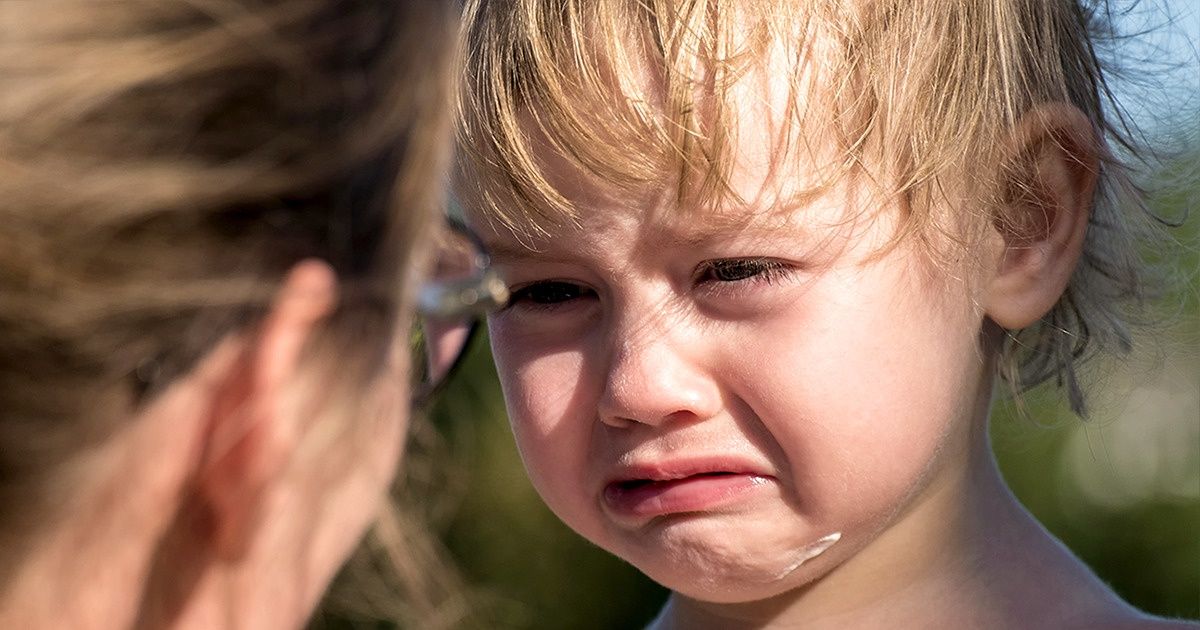Physical punishment can cause a lot of harm to a child, both physically and mentally. A quarter of a century ago, 80% of parents were hitting their children. Today, about 70% do so. There is still a long way to go even though the number is decreasing.
We couldn’t remain indifferent, so we’re sharing some important news on the topic with the world.
Some people don’t think their kids are being abused.
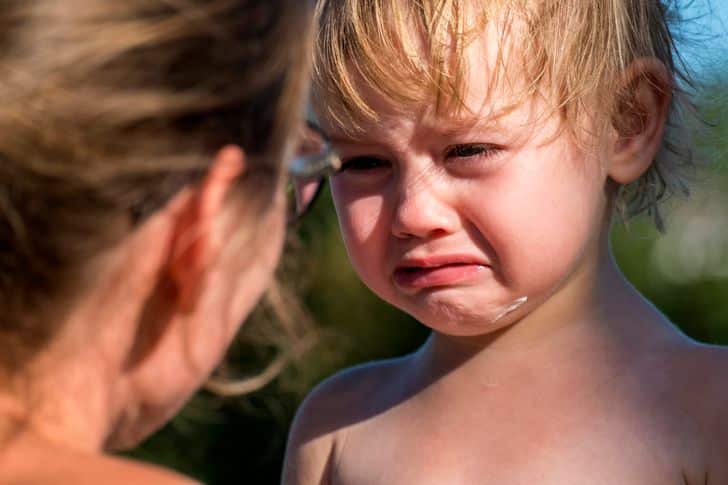
There are many forms of physical abuse. A belt or stick is the most obvious form of punishment. This isn’t the only form. Abuses that include shaking children, pulling them by the hair, boxing the ears, or forcing them to stay in an uncomfortable position include other types of physical abuse.
Constrained exercises like cleaning their mouth out, cleaning up, or strongly taking care of them something they won’t eat are other not-really clear demonstrations of actual maltreatment that many individuals don’t consider.
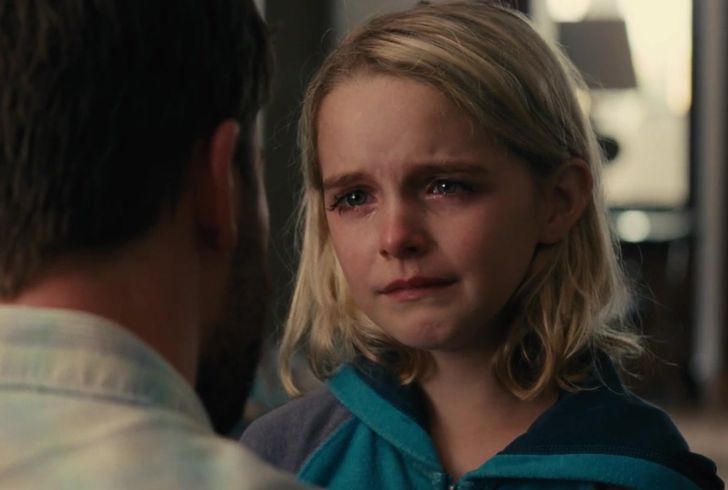
There are also non-physical forms of abuse. Threats, belittling, scaring a child, and yelling are some of the things that can be done. Verbal abuse is harmful to kids even though it doesn’t leave a trace on the outside.
A study found that children who were abused before the age of 13 were more likely to have depression later in life. Warm relationships between children and parents can’t prevent these effects.
The most common form of violence is corporal punishment.
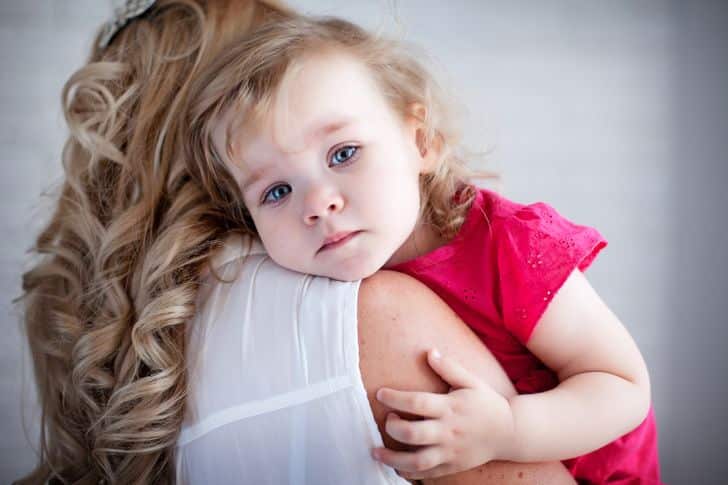
It is against a child’s basic human rights. It increases the risk of injury, even though it does not harm them. Indeed, even a light type of actual discipline has a major gamble of raising on the grounds that furious guardians some of the time have zero control over themselves.
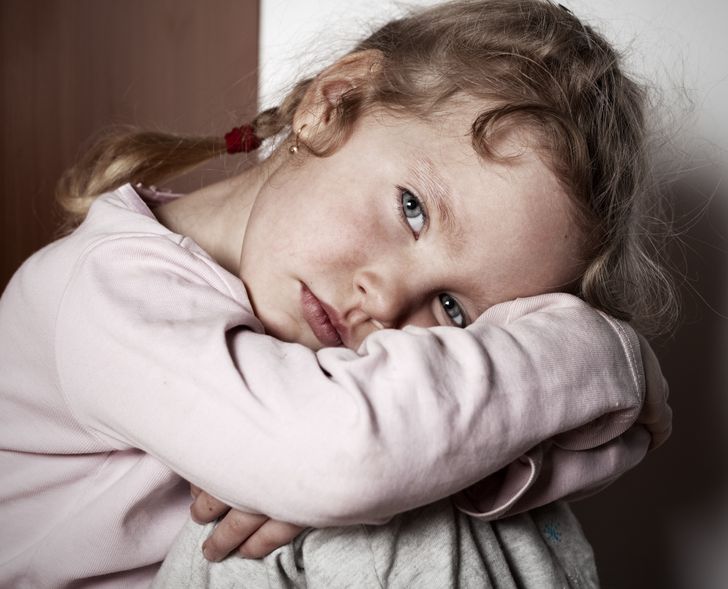
Abused children tend to become more aggressive later in life. Even as more severe forms of physical abuse, spanking leads to all the same consequences. According to a study, this is the most common form of physical punishment, with over 50% of children experiencing it.
It also ruins a child’s mental health.
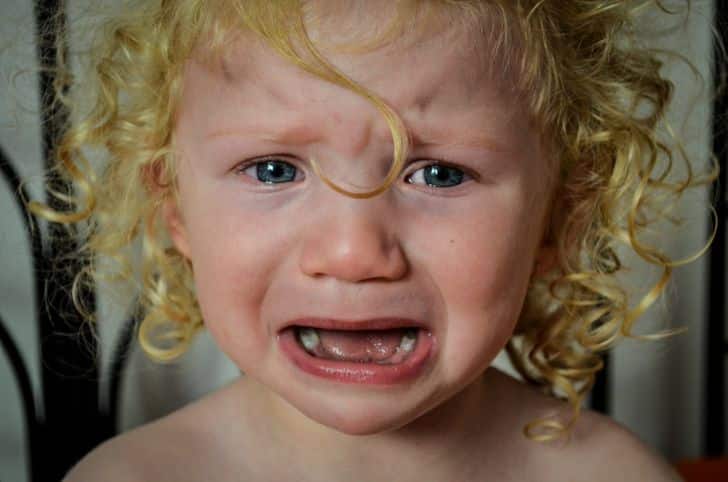
Children follow these consequences into adulthood. Many studies show that the effects of punishment on mental health are dire.
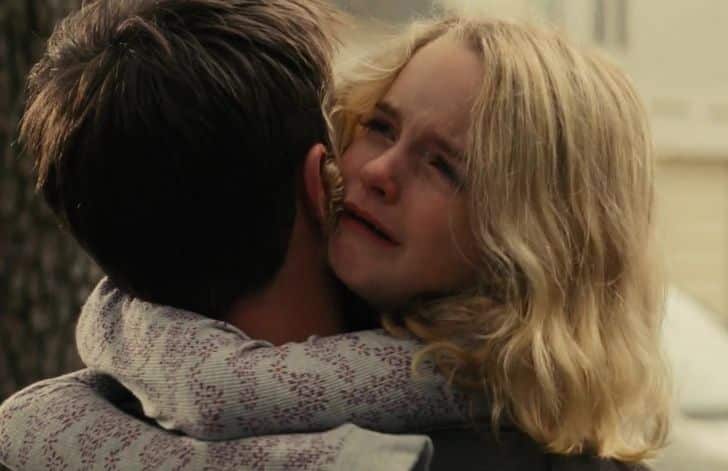
This was proven to be true once more in one of the studies. On average, people who have experienced higher amounts of physical punishment scored worse on mental health evaluations.
Here are some alternative ways of communicating with a child.

Discipline can still be found in methods that psychologists find appropriate.
- Time-out: Take the child out of the situation for a few minutes and let him or her think about it. You can explain why the situation was bad.
- Take away a privilege: Don’t allow them to watch a cartoon or eat candy.
The long-term effect on the child’s behavior is what makes these methods effective. It’s enough for a very brief punishment to have an effect.
Did you ever get spanked as a child? Do you think it affected you? Tell us what you think in the comments.


